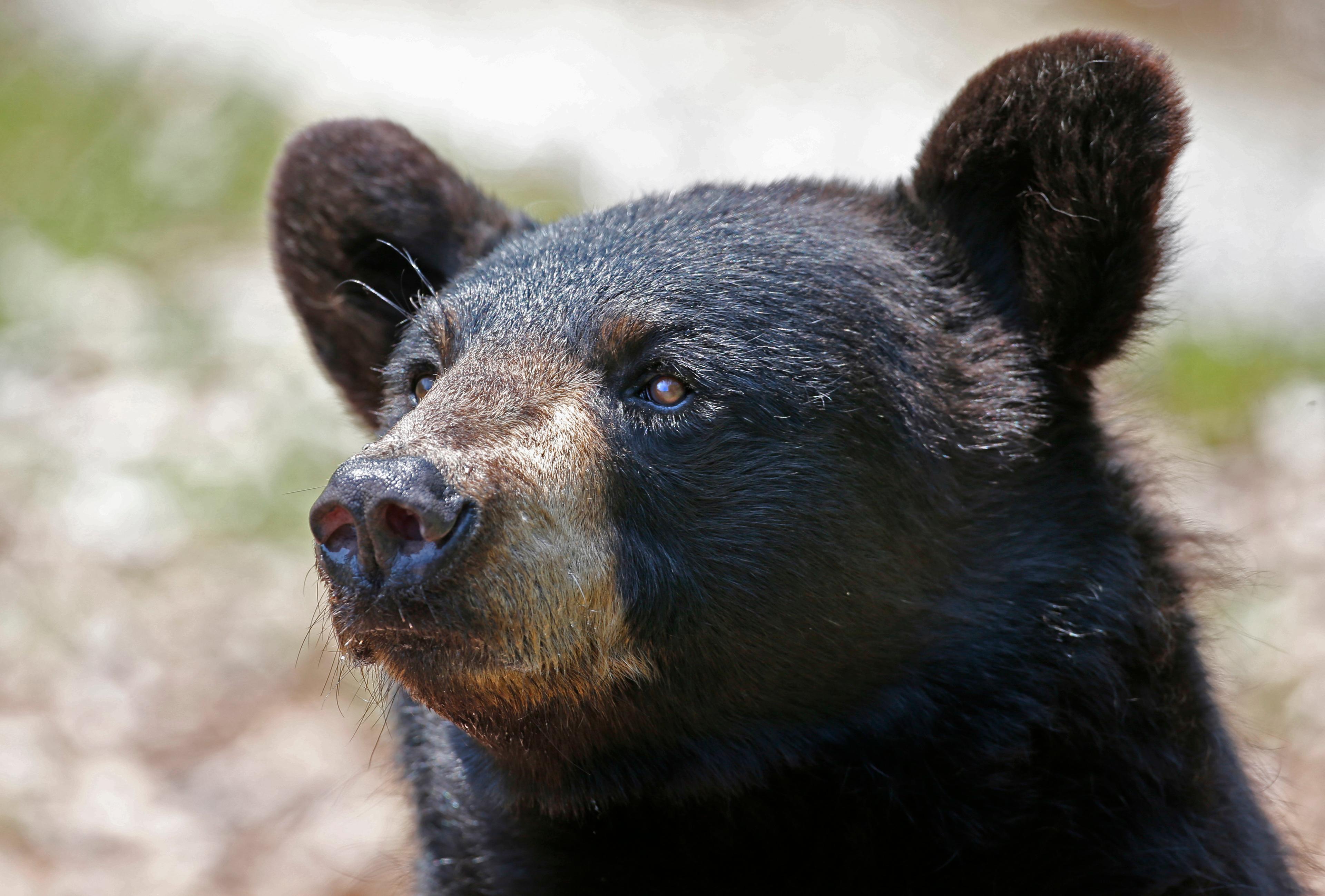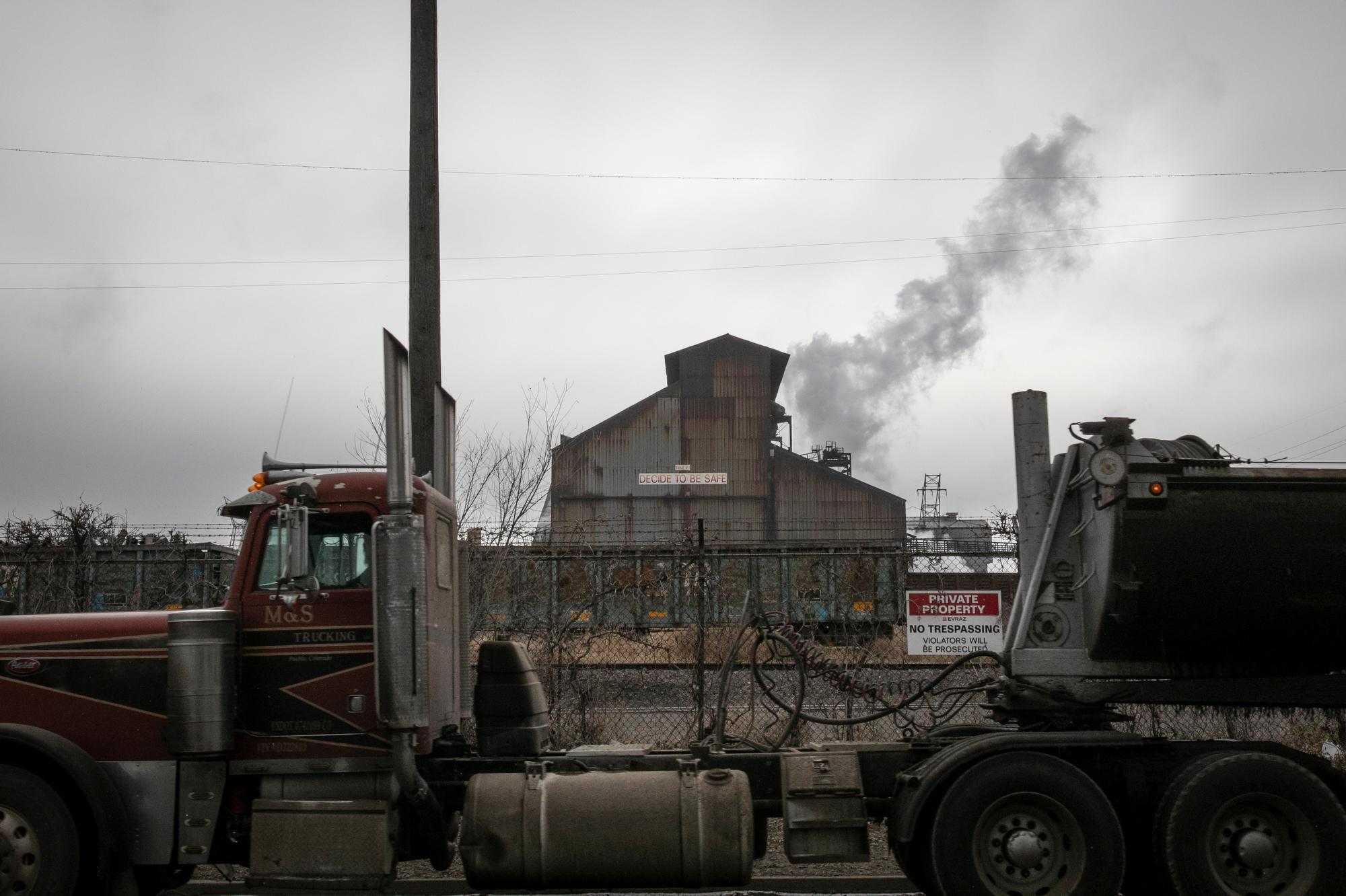
In tiny Silverton, a mother bear lumbering through town with her two cubs in tow had become a common sight recently — until her accidental killing Tuesday night launched a flood of anger on social media and a vow from the local government to better educate the public about wildlife.
The San Juan County Sheriff’s Office said it received several calls about someone harassing the bears downtown. When a deputy arrived, the mother bear had climbed a roof, her cubs were perched on a utility pole and a large crowd had gathered in a narrow alley below.
The agency said the deputy tried to shoo away the bears by shooting the mother with a less-lethal bean bag round, but the round penetrated her lower abdomen, killing her.
The sheriff’s office has launched an investigation into the origins of the call, as well as whether or not charges will be filed against the man suspected of harassing the bears.
Colorado Parks and Wildlife officers worked for hours to capture the two cubs, which were deemed healthy enough to be released back into the wild. Agency spokesperson John Livingston said the cubs were released because they were relatively large — about 60 pounds — and because it’s close to hibernation time in the area.
Releasing the cubs into wildlife-friendly habitat instead of taking them to a rehabilitation facility was deemed a better option for the animals as well as “minimizing the human contact,” he said.
It’s been hard for Livingston to watch the anger bubble up on social media, with some users calling for the firing of the sheriff’s deputy who shot the bear and blaming wildlife officials for releasing the bears to an uncertain fate. Livingston reiterated that wildlife officers have biology degrees and try to make the best decisions for the welfare of the animals they’re attempting to help.
Livingston said the accidental bear killing highlights a larger trend, with more bears being spotted in populated parts of southwest Colorado.
“Too often when these bears get comfortable in these areas, the outcome is a sad one,” Livingston said.
The public outcry and internet fury have been accompanied by some commenters expressing hope that the controversy would help change people’s attitudes toward wildlife and make residents more “bear aware,” as wildlife officials like to say.
In the short time since the bear’s death, Silverton Mayor Dayna Kranker has called on the community to create a coalition that finds ways to reduce harm from humans’ interaction with wildlife.
“We can do better and I look forward to putting together this coalition to make positive change,” she said in a statement.
Tailoring bear solutions to a specific community is key, said Livingston, who noted that towns and cities across Colorado can apply for grants to help fund local programs that reduce human-bear conflict.
Successful programs have led to changes in how communities collect and store trash and outreach efforts that urge residents to use various methods to encourage bears to leave populated areas.
Whatever Silverton’s solutions end up being, Livingston is heartened to see the conversation happening in the small town, which is surrounded by wilderness.
“Hopefully, people can take one small bit of positivity out of that, even though it’s a sad situation.”









